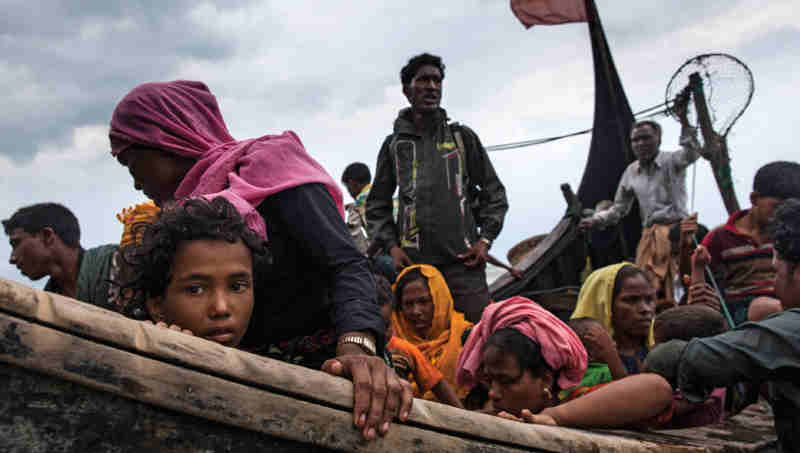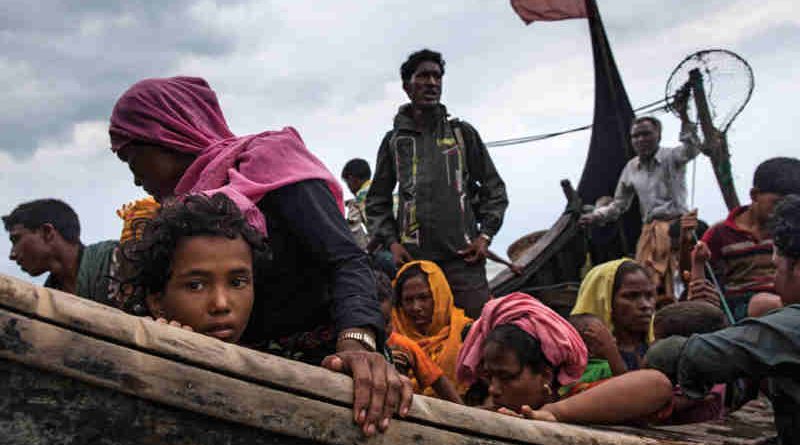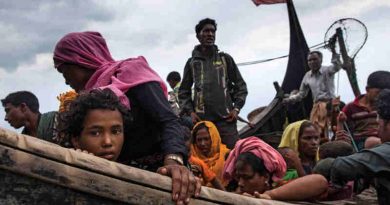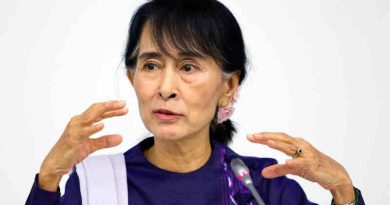ICJ to Hear Rohingya Genocide Case of Myanmar

The hearings at the court from February 21 to 28 are for the case brought by Gambia against Myanmar.
The International Court of Justice (ICJ) hearings beginning February 21, 2022 underline the critical importance of bringing justice for the Myanmar military’s abuses against ethnic Rohingya, Human Rights Watch and the Global Justice Center said. The groups released a question-and-answer document outlining recent developments in the case, including the impact of the February 1, 2021 military coup in Myanmar, on the ICJ proceedings.
The hearings at the court from February 21 to 28 are for the case brought by Gambia against Myanmar alleging that the military’s atrocities in Rakhine State against Rohingya Muslims violate the Convention on the Prevention and Punishment of the Crime of Genocide (Genocide Convention).
“The International Court of Justice hearings are the next step in the landmark case to break the cycle of violence and impunity in Myanmar,” said Nushin Sarkarati, associate international justice director at Human Rights Watch. “The case could build a pathway to justice, not only for the Rohingya, but for everyone in the country.”
In November 2019, Gambia filed a case before the ICJ alleging that Myanmar’s atrocities against the Rohingya in Rakhine State violate various provisions of the Genocide Convention. The case before the ICJ is not a criminal case against individual alleged perpetrators, but a legal determination of state responsibility for genocide.
The ICJ held hearings in December 2019, on Gambia’s request, for provisional measures to protect the Rohingya remaining in Myanmar from genocide, which the court unanimously adopted in January 2020. The new hearings will cover Myanmar’s preliminary objections to the case, which challenge the court’s jurisdiction and Gambia’s legal standing to file the case.
The court’s provisional measures require Myanmar to prevent all genocidal acts against the Rohingya, to ensure that security forces do not commit acts of genocide, and to take steps to preserve evidence related to the case.




